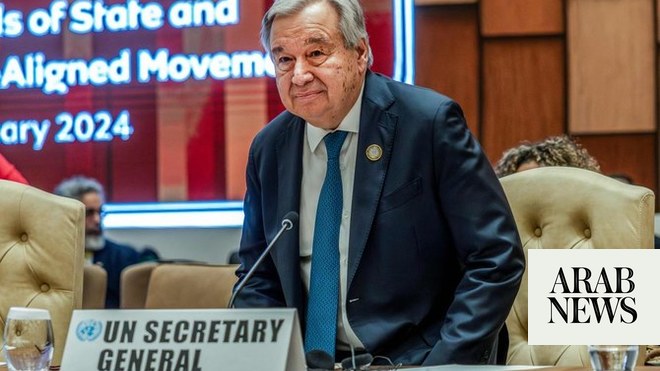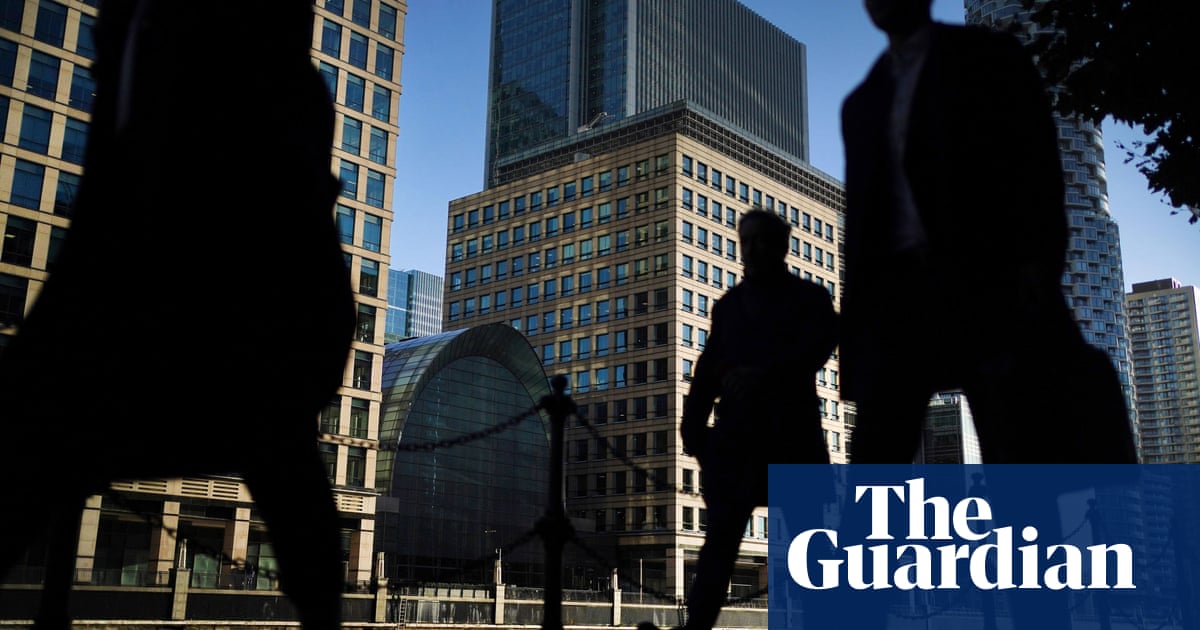
The prime minister has apologised for Britain’s failure to properly commemorate tens of thousands of black and Asian soldiers who died serving the country, as the defence secretary pledged to explore “decolonising” schools’ teaching of the first world war.
Boris Johnson said he was “deeply troubled” by the fact that “not all of our war dead were commemorated with equal care and reverence”, as Ben Wallace admitted “historic failings” had been identified in an inquiry set up by the Commonwealth War Graves Commission (CWGC).
The inquiry report, published on Thursday, found that up to 54,000 casualties of “certain ethnic groups” did not receive the same remembrance treatment as white soldiers who had died, and up to another 350,000 military personnel recruited from east Africa and Egypt were not commemorated by name or even at all.
Wallace said it was a “deep point of regret for me” that his own education of the 1914-1918 war was limited mostly to the Battle of the Somme and famous poets, and did not take in the contributions of soldiers from the wider Commonwealth and former British empire.
“I think it is important to remember that we have excluded a lot of that from our children’s education, and I think we absolutely have to rectify that,” he said.
Welcoming the report on the CWCC’s past mistakes, Wallace said there were “examples where the organisation deliberately overlooked the evidence” that might have allowed it to find out the names of up to 54,000 slain military personnel from Africa, the Middle East and India, who instead may have been “not commemorated at all”.
Speaking in the House of Commons on Thursday, he said: “Some of the sadness and anger I feel from this report is driven out from being a soldier … You realise people you thought weren’t brave turn out to be brave; people you thought were brave turn out not to be so. You realise there are different skills that help you get through things and it is never linked to your class, your colour or whatever. It is linked to all the other qualities that people have.”
Wallace said he was angered that “brothers-in-arms” had been forgotten by the CWGC, and he paid tribute to the Labour MP David Lammy, who spurred the organisation into action by presenting a Channel 4 documentary in 2019 that uncovered how African soldiers’ graves in Tanzania were abandoned while European officers’ resting places were still tended to.
SNP MPs sought to contrast the government’s response to the issue and the controversial race report published last month.
One, Steven Bonnar, said: “We know that empire is over, but these attitudes of rampant racism do linger on.” He criticised what he called the “pushback against calls to decolonise the curriculum.”
Another, Martin Docherty-Hughes, said there was a “grim irony” and “cognitive dissonance” between ministers’ response to the CWGC report and the one produced by the Commission on Racial and Ethnic Disparities.
Wallace said he would explore the point about “decolonising our education curriculum”. He added: “I think it’s important to educate people about the role we all played in the empire – the good and the bad. But we should also recognise all those people who were part of it and the sacrifices that were made and the treatment they received – good and bad.”
The CWGC said its predecessor, the Imperial War Graves Commission, had been responsible for “administrative errors and prejudiced attitudes” – but that “ultimately, many of these errors and attitudes belonged to departments of the British imperial government, including the War Office and Colonial Office”.
Johnson apologised on behalf of the government. He said the millions of soldiers from Africa, Asia, the Caribbean and Middle East had provided an “immense” contribution “in their courage and valour, and many paid the ultimate price so that we might live in peace and freedom today”.
Johnson added: “Our shared duty is to honour and remember all those, wherever they lived and whatever their background, who laid down their lives for our freedoms at the moment of greatest peril.”












